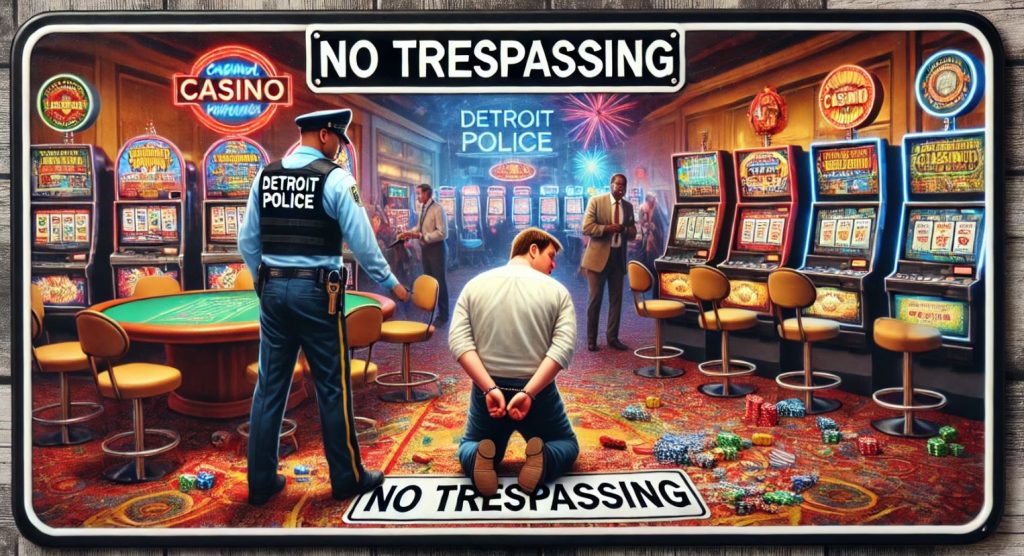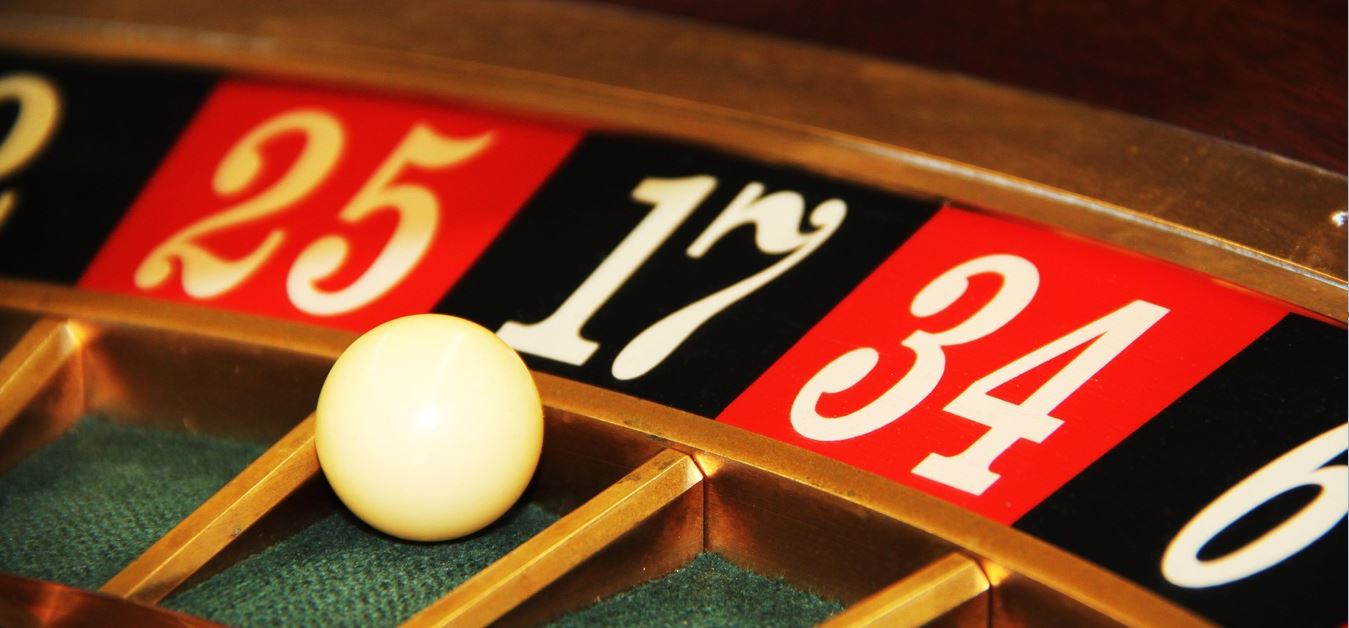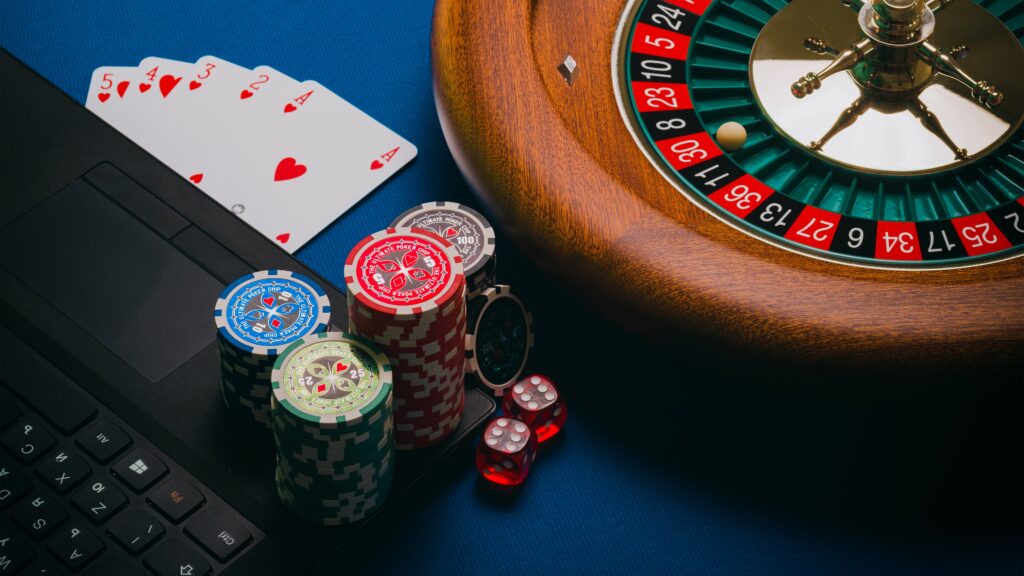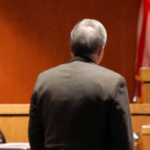Michigan’s Voluntary Self-Exclusion Law and Defending Against Criminal Trespass Charges
If you face charges because you entered a Michigan casino after voluntary self-exclusion, you need an experienced criminal defense lawyer to defend and protect you.

Overview of Michigan’s Voluntary Self-Exclusion Law
Michigan’s voluntary self-exclusion program offers individuals who recognize they have a gambling problem a proactive way to prevent harm by voluntarily banning themselves from entering casinos. Once enrolled, participants are effectively barred from all participating casinos and gaming establishments in the state, and their names are placed on a restricted list accessed by casino security. For the reasons stated below, it is essential to have an experienced criminal defense lawyer defending someone who faces casino trespassing charges for entering a casino after voluntary self-exclusion.
The Purpose of the Law
The primary purpose of this program is to provide support to individuals struggling with gambling addiction, helping them avoid environments that trigger compulsive behavior. It is part of a broader strategy to promote responsible gambling and provide recourse for those who wish to take definitive action to curb their habits.

The Hidden Dangers of Criminalizing Self-Excluded Gamblers: The Impact of Trespassing Charges
Convicting individuals of misdemeanor trespassing who suffer from gambling addiction after they have voluntarily self-excluded themselves from casinos can have direct consequences such as probation, jail, and fines, and several significant downsides, dangers, and disadvantages:
- Exacerbation of Addiction: Criminalizing the behavior of individuals who are already struggling with addiction can worsen their mental health and potentially lead to an increase in their compulsive gambling behavior.
- Stigmatization and Shame: Casino trespassing charges and other gambling criminal convictions can lead to public records that carry a social stigma, making it harder for individuals to seek help and support for their addiction due to fear of judgment and shame.
- Barrier to Recovery: Legal consequences may discourage individuals from enrolling in voluntary self-exclusion programs, knowing that failure to adhere could result in criminal charges.
- Overcrowded Legal System: Prosecuting these cases can add unnecessary burdens to the criminal justice system, diverting resources from more severe criminal matters.
- Economic Impact: Convictions can result in fines and legal fees, which can worsen the financial situation of individuals already struggling with the economic impacts of gambling addiction.
- Increased Recidivism: Rather than helping individuals overcome their addiction, criminal penalties might lead to a cycle of re-offense and repeated legal issues, without addressing the underlying addiction.
- Lack of Support Services: The criminal justice system is not typically equipped to provide the necessary support services and treatment for addiction, meaning individuals might not receive the help they need to recover.
- Employment and Housing Challenges: A criminal record can create significant barriers to employment and housing, further destabilizing the lives of individuals attempting to manage their addiction.

Why Individuals Choose to Self-Exclude
Participants typically choose self-exclusion as a preventative measure after acknowledging the destructive impact of gambling on their personal, professional, and financial lives. By self-excluding, they take a legally binding step to prevent entry into gaming areas, which helps to limit opportunities for impulsive behavior and avoid future casino trespassing charges.
Legal Implications of Violating Self-Exclusion
Violating a self-exclusion agreement by entering a casino can result in a misdemeanor criminal trespassing charge. Under Michigan law, criminal trespassing for violating voluntary self-exclusion is punishable by imprisonment for not more than one year and a fine of up to $1,000. Casino trespassing charges are serious, and you must take them seriously.
The Role of Experienced Criminal Defense Lawyers
When someone breaches their self-exclusion agreement and faces criminal casino trespassing charges, experienced criminal defense attorneys are crucial. Lawyers can help in several ways:
- Mitigation: Demonstrating that the violation was a lapse in judgment rather than a deliberate attempt to defy legal agreements.
- Plea Bargaining: Negotiating with prosecutors for a great plea agreement to potentially dismiss or reduce casino trespassing charges, often by highlighting the individual’s efforts towards rehabilitation.
- Legal Defense: Challenging the circumstances of the arrest based on the 4th Amendment or the application of the law pertaining to the individual’s case.
Frequently Asked Questions
What should I do if I’m charged with trespassing after self-excluding?
Contact a defense attorney immediately. Discuss all details of your case privately with your lawyer to explore your defense options.
Can LEWIS & DICKSTEIN, P.L.L.C. handle cases in all Michigan casinos?
Yes, the firm handles cases involving all casinos in Michigan that participate in the state’s self-exclusion program.
Is there any way to remove my name from the self-exclusion list?
The terms of removal depend on the specific rules of the self-exclusion program. Typically, a period must elapse before removal can be requested. Legal counsel can provide guidance based on current laws.
What are the long-term consequences of a trespassing conviction?
A conviction for casino trespassing charges can affect various aspects of your life, including employment opportunities, especially where background checks are involved. Legal representation can help mitigate these potential impacts. Consequences that result from the conviction, as opposed to the sentence, are called collateral consequences.

LEWIS & DICKSTEIN, P.L.L.C.’s Expertise
The attorneys at LEWIS & DICKSTEIN, P.L.L.C. have significant experience helping clients who struggle with addiction and related legal issues. They understand the complexities of self-exclusion laws and are adept at navigating the justice system to protect clients’ rights and achieve the best possible outcomes. Their compassionate approach ensures that clients receive not only strong legal defense but also support through their recovery journey.
Anyone facing legal challenges after self-excluding from casinos should seek specialized legal support. LEWIS & DICKSTEIN, P.L.L.C. offers expertise in defending clients facing criminal trespassing charges due to voluntary self-exclusion. They can provide the necessary guidance and representation to protect and defend you effectively. For more information or to schedule a free consultation, visit our website or contact our office directly.
Call us today at (248) 263-6800 for a free consultation or complete an online Request for Assistance Form. We will contact you promptly and find a way to help you.














